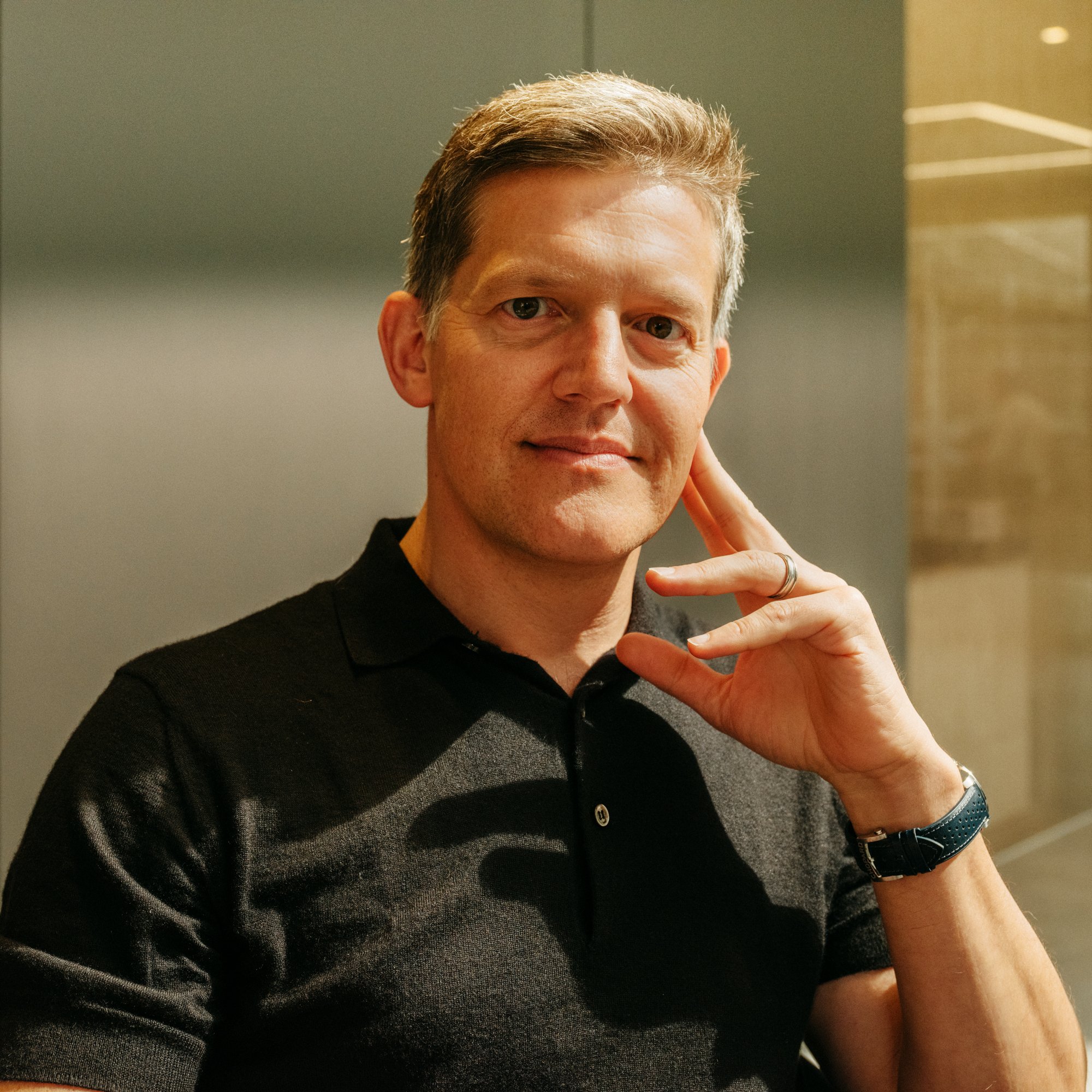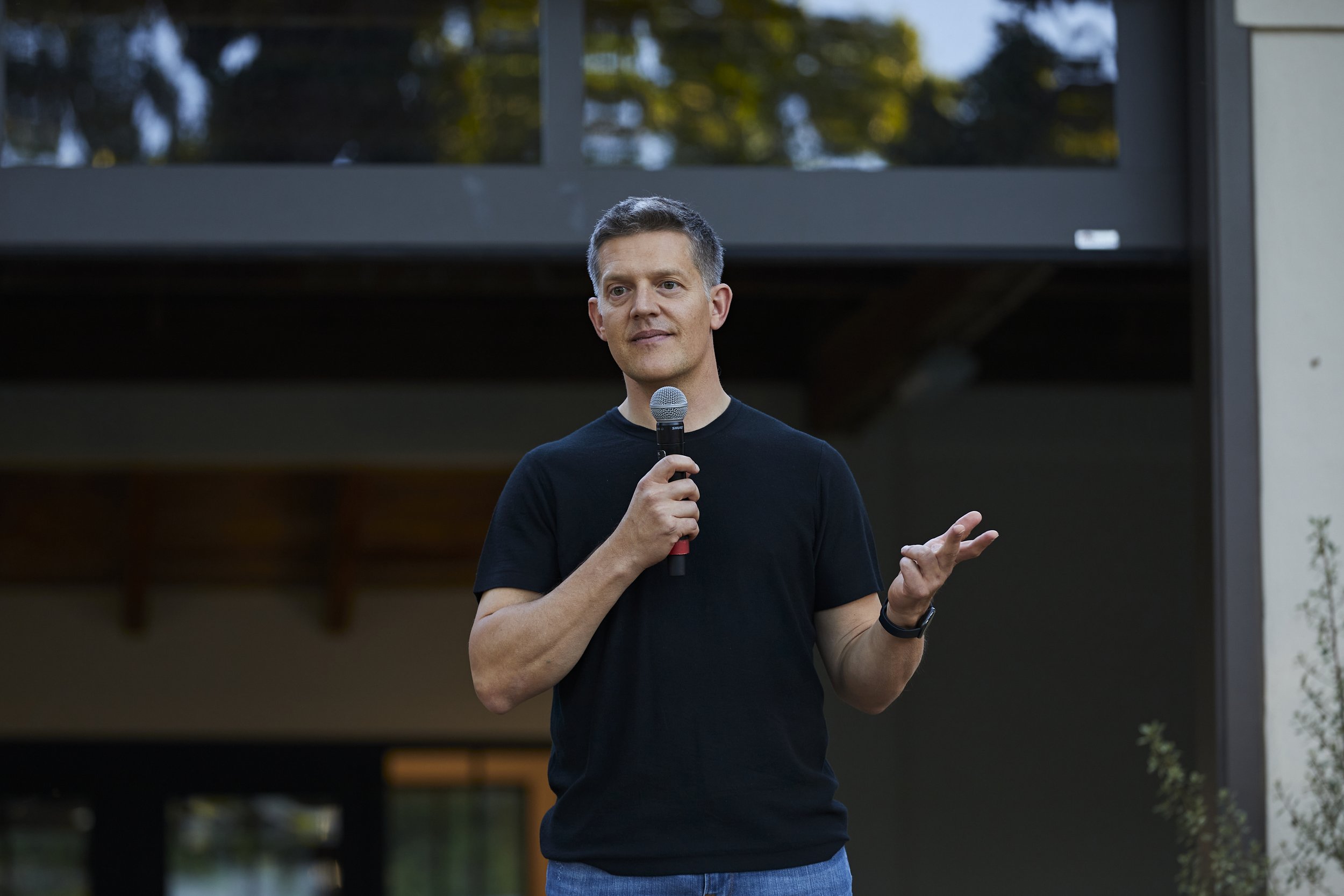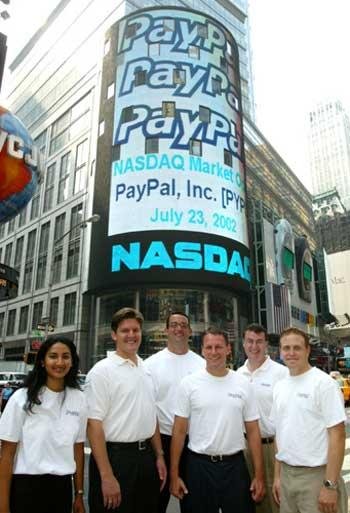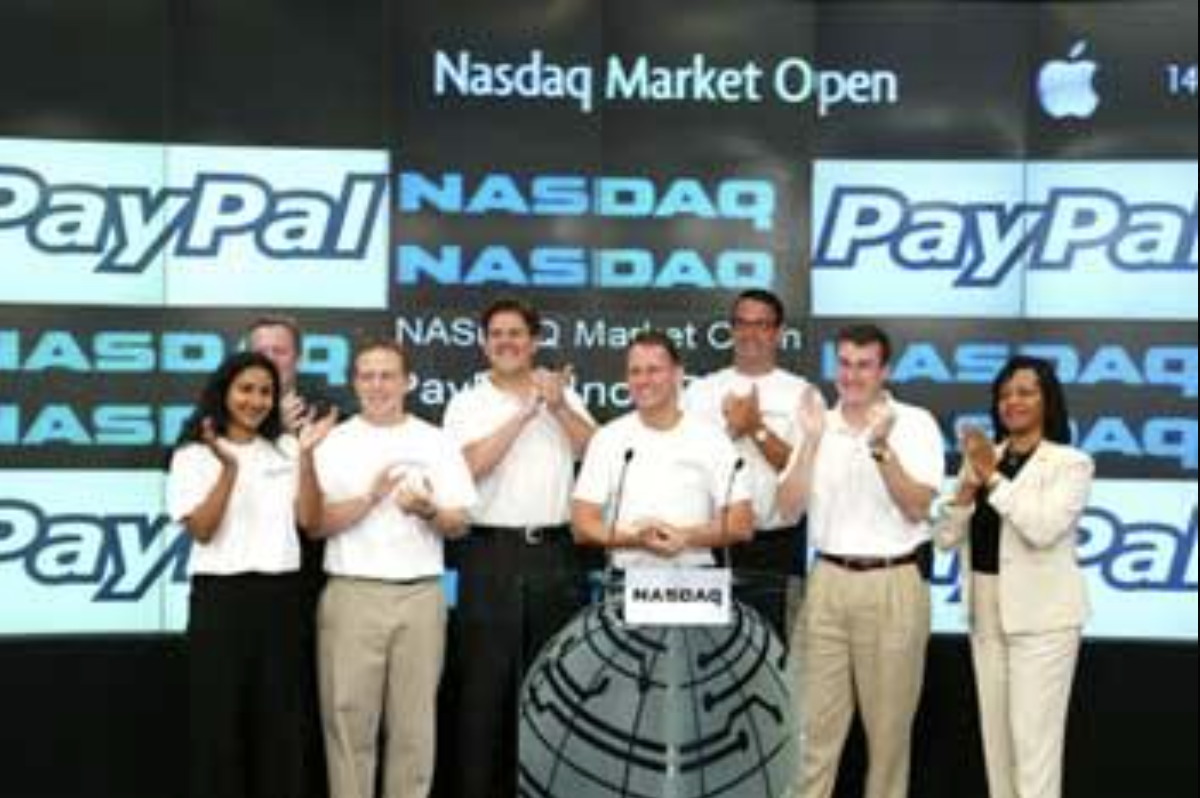Roelof Botha of Sequoia Says 'To Be Successful in This Business, You Have to Be Contrarian and Right'
/On March 21, we will celebrate our 10th LDV Vision Summit Anniversary! It’s a premier global gathering for people in the visual tech sector. Every year we bring together an impressive array of brilliant speakers, ranging from tech giants to under-the-radar startups, esteemed research labs and leading venture capital firms.
We are thrilled to announce the fireside chat between LDV Capital’s Evan Nisselson and Roelof Botha, Managing Partner and Steward of Sequoia Capital.
Roelof has spent over 20 years building companies in Silicon Valley. He began within the walls of nascent PayPal, which he joined in March 2000 while completing his MBA at Stanford. He became CFO in 2001 and led the company through both its IPO in early 2002 and the subsequent acquisition by eBay. Roelof joined Sequoia in 2003 to help founders build enduring businesses. In 2017, he assumed leadership of Sequoia Capital's US/Europe business and became a Steward of the Sequoia Partnership. Roelof is a Director of 23andMe, Block, Ethos, Inside.com, Landis, mmhmm, MongoDB, Natera, Pendulum Therapeutics, and Unity Technologies, and recently led Sequoia's investment in Meeno. Previously, he was a Director of companies that include YouTube, Tumblr, Xoom, Eventbrite, and Evernote. He also led Sequoia's investment in Instagram.
Roelof and Evan will discuss trends and early-stage investment opportunities in businesses leveraging visual technologies and AI.
In the lead-up to the Summit, Evan had the privilege of asking Roelof a few questions.
Evan: We have known each other since when I was an entrepreneur and you had just joined Sequoia. As you know, we continue investing in the same thesis that has not changed since founding LDV Capital in 2012. The majority of data our brains analyze is visual so the majority of data that AI will analyze will be visual as well. Visual data and visual technologies are critical for the success of artificial intelligence horizontally across all sectors. Which business sectors leveraging visual technologies are you most excited about over the next 10 years?
Roelof: I am most excited about the use of multimodal models in healthcare, where technology can harness medical records (text) and medical images (MRIs, CT scans, etc.) to aid physicians in clinical decisions.
Roelof Botha at Base Camp, Sequoia's annual get-together for 150+ of their portfolio company founders, in 2022.
Evan: You have invested in a variety of very successful businesses that leverage visual technologies, such as Unity, Instagram, Tumblr, YouTube, among others. Some of these companies were started over 10 years ago. Technology advancements and entrepreneurs evolve over time. Do you feel entrepreneurs building businesses powered by visual technologies today should do anything different than entrepreneurs did 10 years ago?
Roelof: In addition to innovating in core technology, today’s entrepreneurs should also spend time exploring distribution innovations. Unity and Instagram benefit from the rise of mobile devices and app stores, with Unity innovating with a freemium business model to gain developer adoption. YouTube developed an embed solution to help websites effortlessly host videos, which helped the service gain rapid adoption in the early years. YouTube also benefited from viral growth, as users shared links through messaging services.
Evan: I fully agree with your statement: “If you’re going to be really successful in this business, you have to be contrarian—and right.” As an entrepreneur, people often said I was crazy and since founding LDV Capital in 2012, people felt our thesis was too narrow and that we were crazy investing in people building powered by visual tech/AI. On your Sequoia bio page, you write, “So many times, I’ve led an investment and been made fun of. YouTube. Instagram. MongoDB…” What parameters, if any, help you gauge your level of contrarian?
Roelof: I would consider two measures. The first is how controversial the decision is within our partnership. YouTube was not an obvious investment at the time, nor was MongoDB, nor was Unity, nor was Square. We had spirited debates about each before deciding to commit as a team to partnering with the founders. The second is how controversial the decision is in the view of the public, especially the reaction of the press. It’s important to steel yourself to the naysayers who question your judgment. While I was still at PayPal, I remember an article that said “Earth to Palo Alto” which mocked our quest to build a successful payments business.
Evan: What was your most significant learning experience while working at PayPal that continues to help you succeed today?
Roelof: Never give up!
PayPal went public in 2002.
Evan: Sequoia’s mission is helping “the daring build legendary companies from idea to IPO and beyond.” What is your advice to entrepreneurs who want to start a new business?
Roelof: Focus on your customer. What problem are you solving for them, and is your solution compelling and distinctive in meeting your customer’s needs? Another way to say this is: “build something useful.”
Evan: What are you most looking forward to at our 10th Annual LDV Vision Summit?
Roelof: Listening to the ideas of founders who want to change the world, and having my view of the world upended (again).









